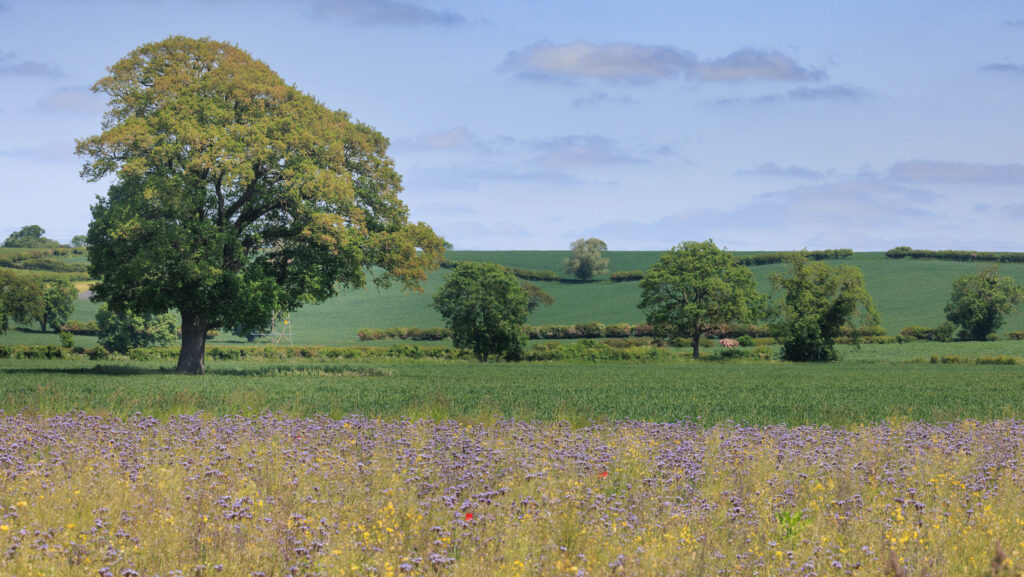Defra set to surrender £100m ELM underspend to Treasury
 © Tim Scrivener
© Tim Scrivener Treasury officials are seeking a £100m cut to the farming budget in England to help address a £22bn shortfall in the public finances, according to sources.
Farmers Weekly understands that Defra is also exploring the possibility of making some aspects of Environmental Land Management (ELM) funding competitive in a bid to claw back even more cash.
This could include Higher Tier Countryside Stewardship options, but computer system modelling is said to be not ready yet for the change.
Martin Lines, a Cambridgeshire farmer and the chief executive of the Nature Friendly Farming Network, said: “It would be disappointing to see the agriculture budget being cut when investment into nature, climate and food security is at a critical time.”
See also: Editor’s View: Budget cuts are coming at Defra. What next?
Sources in close contact with officials have claimed the £100m under threat is funding which the former Conservative government failed to distribute to farmers under the ELM scheme rollout, derived from a series of Basic Payment Scheme cuts.
Defra civil servants are said to have identified the unspent funding as money which could be handed back to the Treasury.
“If Defra hadn’t identified this money, the Treasury may have come in harder and looked for more,” said one source.
According to research by the Royal Society for the Protection of Birds (RSPB), this cut could result in at least 239,000 fewer hectares of farmland being managed in nature-friendly ways.
Farmer confidence already low
NFU president Tom Bradshaw also warned that the loss of £100m from the budget would further undermine farmer confidence, which is already at record lows due to inflation, falling incomes and extreme weather events.
He urged the government to fulfil its commitment to support agriculture, which was crucial for national food security.
Victoria Vyvan, president of the Country, Land and Business Association, warned that farmers and landowners cannot contribute effectively to feeding the nation and enhancing the environment with limited financial resources.
“Instead of cutting funds, government must commit to an annual £3.8bn budget [in England] to safeguard the future of our landscapes and rural businesses,” she said.
“Labour campaigned as the party of the countryside. Now it’s time for the Treasury to put its money where its mouth is and show it backs our farming communities.”
Chancellor Rachel Reeves will reveal her government’s public spending plans, including for UK agriculture, in the autumn Budget on Wednesday 30 October.
Due to significant demands on public finances, including for the NHS, education and national security, some industry leaders now consider that if there were a freeze in the UK’s annual agricultural budget of £3.7bn (£2.4bn for England) for the next 12 months, that would be a reasonable outcome for farmers.
Nature groups appeal
But nature groups, including the RSPB and The Wildlife Trusts, argue that financial support for sustainable agriculture should be increased by £1bn/year, rather than reduced, to meet the UK government’s targets to halt species decline by 2030.
Alice Groom, head of sustainable land use policy at the RSPB, said: “We definitely need to see an increase in the agricultural budget if government is going to meet its nature and climate objectives that underpin the health of the farming sector and food security.
“Our research shows that would be £3.1bn/year in England and £5.9bn/year UK-wide. We recognise the challenge of asking for that increase in the budget in the current financial climate seems a little bit tone-deaf.
“But the cost of not investing in tackling the nature and climate crisis is far greater – the longer we leave it, the more expensive it becomes.”
The UK government has been asked to comment.
